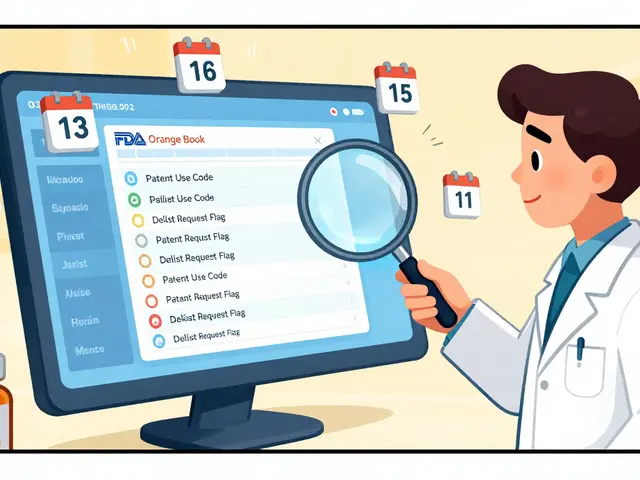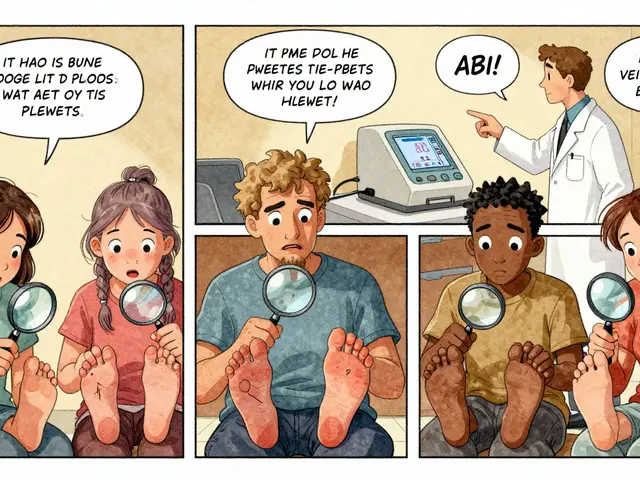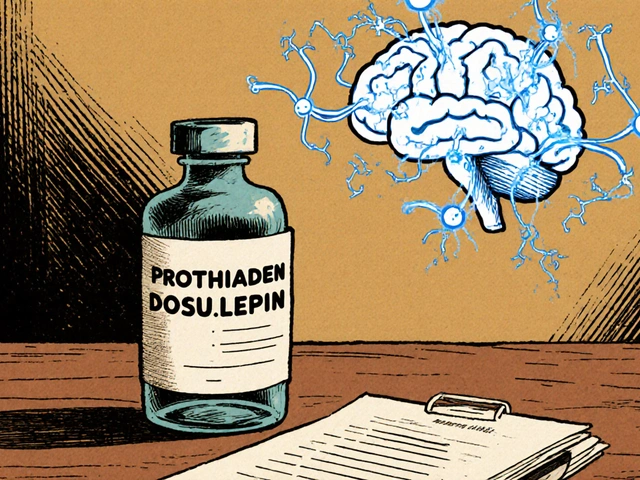Website Credibility Checklist – Spotting Trustworthy Health Sites
If you’ve ever wondered whether a health site is legit, you’re not alone. Bad info spreads fast, especially when it looks professional. Luckily, you don’t need a tech degree to separate the good from the bad. Below is a simple checklist you can run in under two minutes before you click ‘Buy’ or ‘Read more.’
First, glance at the domain name. A .gov, .edu, or well‑known .org usually signals higher credibility than random strings of letters. If the site ends with something like .biz or uses a country code that doesn’t match its claimed location, pause and verify.
Key Signs of a Reliable Site
1. Clear ownership info: Look for an “About Us” page that lists real people, credentials, and contact details. A physical address or phone number adds trust.
2. Professional design with no excessive pop‑ups: Legit sites focus on content, not ads. If you’re bombarded with sales pitches the moment you land, it’s a warning sign.
3. Transparent sourcing: Articles should cite reputable studies, official guidelines, or recognized medical bodies. When sources are missing or vague, take the info with a grain of salt.
4. Up‑to‑date content: Check the publication date. Health advice changes fast; a page stuck in 2015 probably needs fresh review.
Red Flags to Watch Out For
1. No privacy policy or terms of service: Any site that asks for personal data without explaining how it’s protected should be avoided.
2. Unrealistic claims: Promises like “cure in 24 hours” or “no prescription needed for strong meds” are classic scams.
3. Pressure tactics: If the site pushes you to buy immediately, uses countdown timers, or says stock is limited, it’s likely trying to rush your decision.
4. Poor grammar and spelling errors: While not always fatal, a flood of mistakes often points to low‑quality oversight.
Finally, cross‑check the site with a trusted source like the FDA or a recognized medical association. If those agencies list the pharmacy or health portal as approved, you’re on safer ground.Remember, a quick scan can save you from misinformation, wasted money, and potential health risks. Keep this checklist handy, share it with friends, and stay confident when navigating online health resources.










